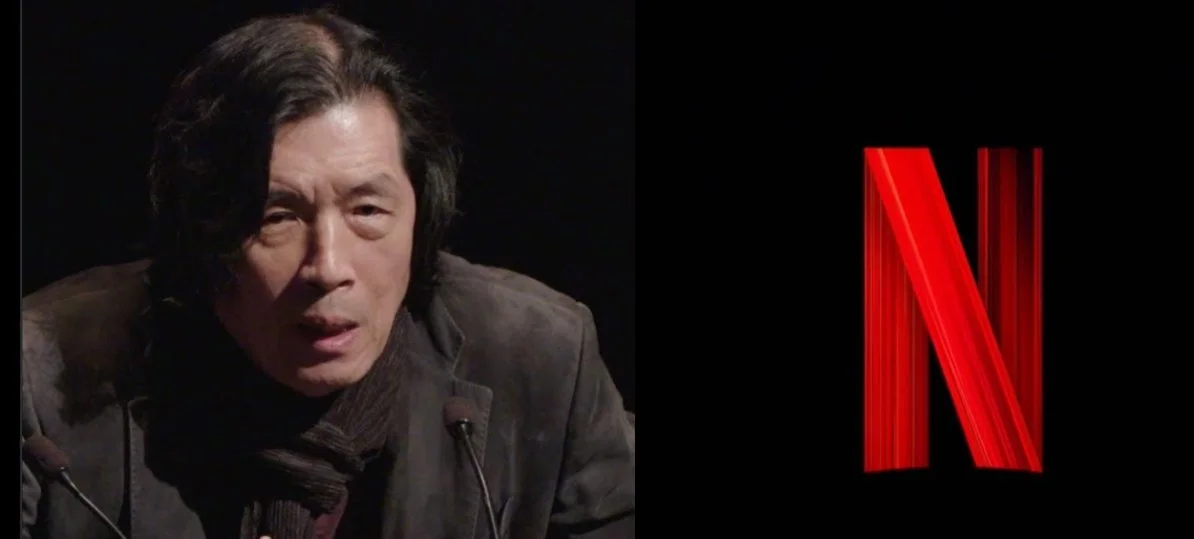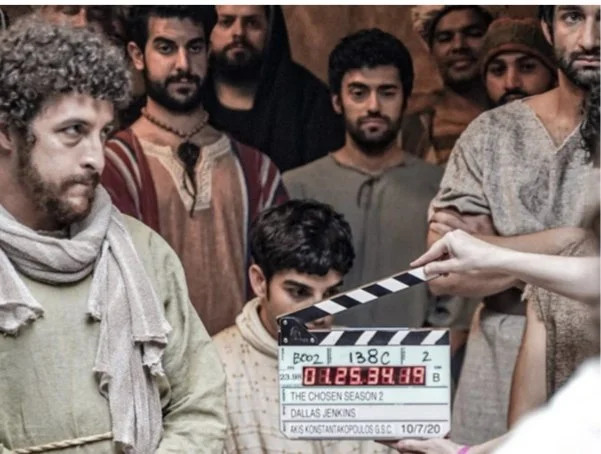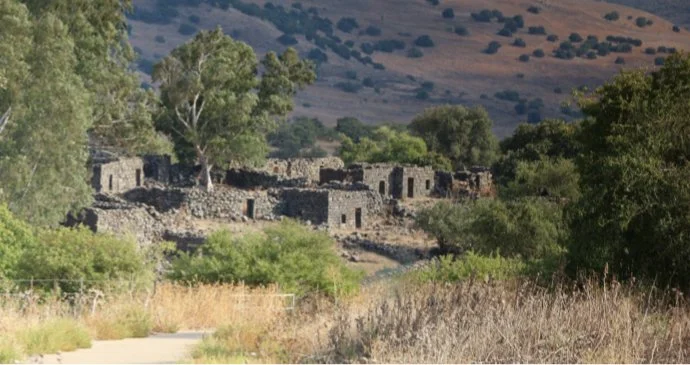Hundreds of millions of views and fabulous reviews for the largest crowdfunded film project in history
Now approaching the end of season two, tens of millions of people around the world have become enchanted by the latest re-telling of the so-called ‘greatest story ever told,’ or the story of the life of Jesus Christ. And if you’re thinking, “there’s no way to successfully re-do that tale! It’s been the theme of numerous movies, TV shows, and miniseries... there’s no fresh material to work with!” –Well, we felt the same way, but it turns out that The Chosen TV series that’s also viewable on YouTube and via a free app, is in fact, finding a way to surprise and delight tens of millions – while of course also making some hardline purists angry... as any ‘alternative’ take on a historical drama invariably does.
This Bible TV show series has been watched by tens of millions of people in 180 countries, but there’s no question its primary fan base is in the United States, home to the series’ director and cast and – of course – a standout nation that, while steadily moving towards becoming more secular, at present still mostly wears religion “on its sleeve.” And for those thinking, “this isn’t a place to discuss a show like this... I’m not religious.” Well, neither are we per se, but any show that Rotten Tomatoes scores at 100%, has been translated into 50 languages, has been the topic of an Atlantic Magazine profile, and has over 100 million views of its first season deserves a review — and this is it:
First the critiques. Anyone who’s heard a native Hebrew-speaking Israeli speak English knows many have a strong, distinct accent. It’s not easy to mimic, and those who’ve done so convincingly (such as UK actor Sasha Baron Cohen in the amazing 2019 one-season thriller from Netflix, The Spy, have often been Jewish and have some familiarity with Hebrew.) The mostly American actors of The Chosen are not mostly Jewish and the attempts at accents are hit and miss. The actor playing Jesus, Johnathan Roumie, does one of the better ones, but when an accent is off it can get distracting, as is the case when a Roman commander speaks in “American.” It’s a reminder of how we’ve been “trained” to think of ancient people speaking with clipped British tones, which sometime long ago the film industry decided equaled ‘elegance and antiquity.’ There are also some poorly executed attempts at humor that sound too modern for ancient times, and when a group of rabbis applauds by clapping their hands, one wonders if that was a custom at that time.
Aside from these minor shibboleths, The Chosen excels by being willing to take risks. Churchgoers aren’t generally supportive of additions to their sacred texts, and anything non-canonical is usually swiftly rejected. But director Dallas Jenkins, the son of a major figure in Evangelical Christianity, took a “leap of faith” and created a show depicting Jesus and those around him as humans with human concerns. This is, thankfully, not a straightforward re-telling of the gospels. Jenkins doesn’t get all post-modern or artsy (anyone remember Jesus Christ Superstar?), but he does demystify essentially every part of what is, as noted, a very well-worn story. In The Chosen we see disciples struggling with family problems, we see invented, yet-very-plausible female characters, and – at long last – we see people of color! Judea in the first century wasn’t – as too many previous films would lead one to believe – inhabited by Northern Europeans. It’s highly unlikely that Jesus was a tall, pale, blue-eyed person such as Robert Powell, the actor who offered a brilliant portrayal of Christ in the classic Jesus of Nazareth miniseries from 1977.
Another major reason The Chosen deserves a review is how it was made – as in, where the money to create a series that very realistically recreates the land where Jesus is said to have lived in some 2,000 years ago. This series/app is now the the largest crowd-funded film project in history. –Impressive. Even more impressive is that the initial capital of many millions was raised by Jenkins and team showing a few sample reels and making an offer: a dollar a share. This means those who contributed aren’t donors, but investors. They own stock in the show for life and Jenkins et.al also promised that investors would see any financial returns before he would take a cent. The crowdfunding continues, and people are buying stock in season three as we speak. These are not the ways of Hollywood, but the model does offer something that could be tweaked by others with passion projects. Right now, crowdfunding is closer to donating... you might get some mech in return, but your dough isn’t coming back to you in any real way. Owning stock in a film project is a creative idea – and that is a good word to sum up The Chosen: creative. You may not be a person of faith, or even have strong negative feelings about religion, but checking out an episode or two of The






